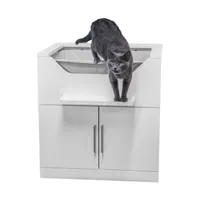Pet care products aren’t accessible enough – here’s what needs to change, according to pet parents living with mobility challenges
Meet the pet parents and business owners advocating for change
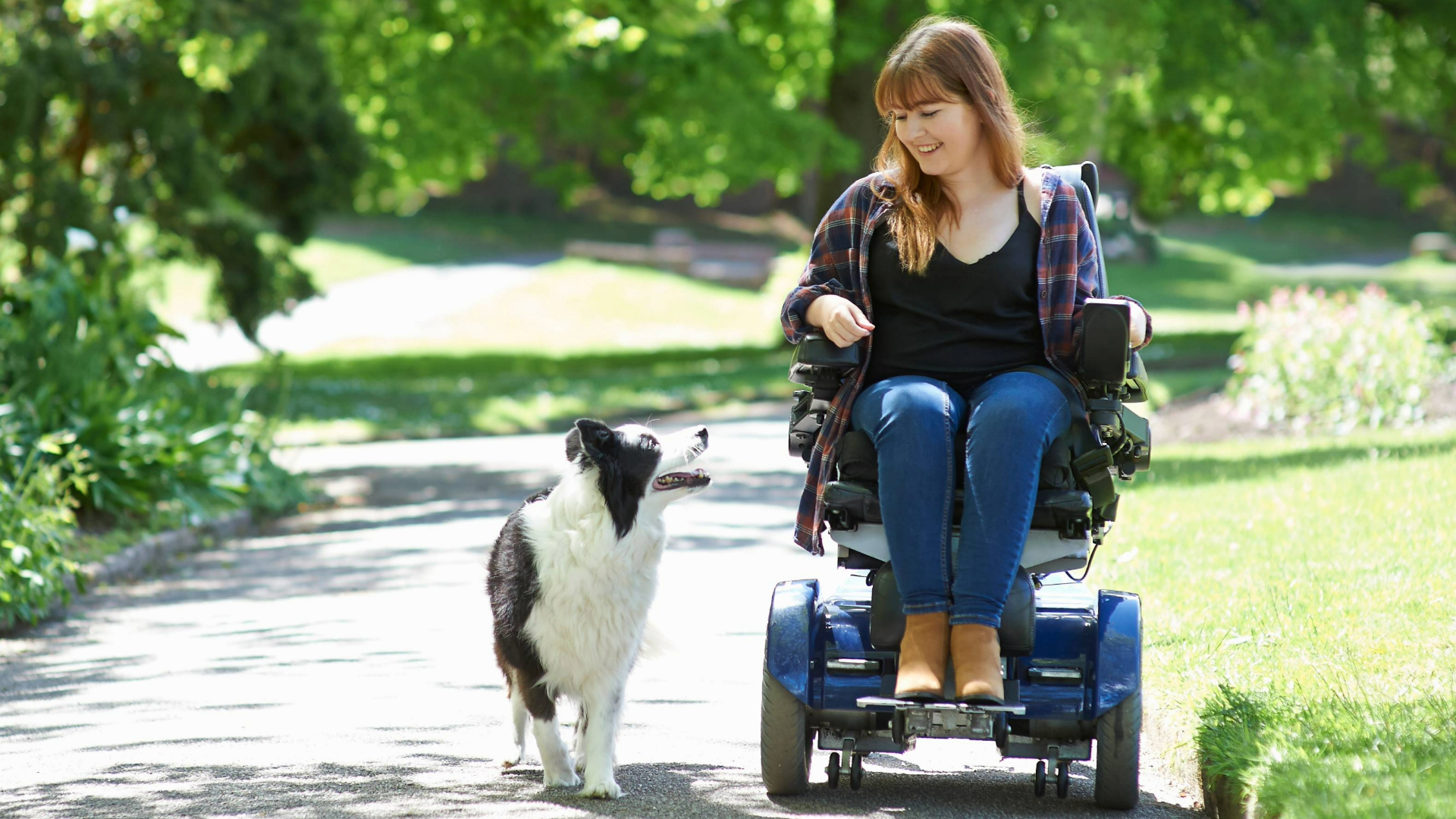
Get the best advice, tips and top tech for your beloved Pets
You are now subscribed
Your newsletter sign-up was successful
Owning a pet is one of the most rewarding experiences, but it’s not always accessible to people with disabilities. Many pet care products rely on the ability to bend down or move around easily – something that can be difficult or even impossible for those with limited mobility or chronic pain.
Whether it’s kneeling to clean a litter box or crouching to fill a food bowl, caring for a pet can present significant challenges – ones that could be eased with the right products on the market.
If a pet parent has an accident or suddenly becomes unwell, they may be forced to give up their pet, which can be a heartbreaking outcome for both. In fact, nearly a third of dogs in shelters are there because their owners' health declined, according to the Journal of Animals.
This is exactly what Amy Leiker, founder of LoftyLoo, set out to change. She’s designed a raised cat litter box that works with ramps and sits at a height that’s accessible for everyone.
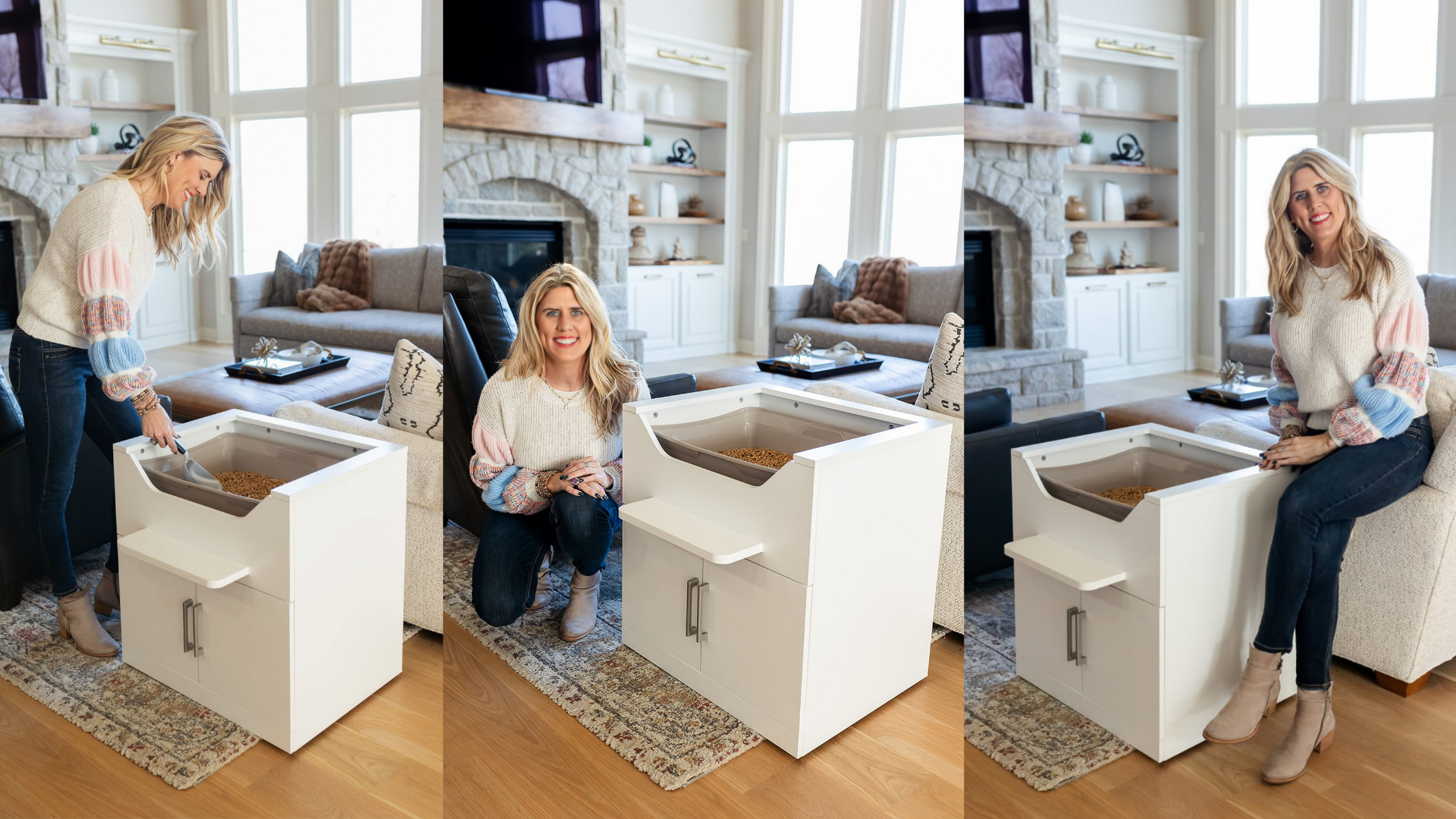
Why does pet care assume everyone is able-bodied?
She says: "LoftyLoo started with someone I cared about – a kind neighbor and friend –suddenly fell seriously ill. He had always been so independent, but as his condition worsened, I watched him struggle to do even the smallest tasks.
"One of the most painful things to witness was how hard it became for him to take care of his cat. He loved that cat – it was his companion, his comfort – but the simple act of scooping the litter box became nearly impossible.
"He couldn’t bend down anymore. It wasn’t just hard – it was dangerous. And there weren’t any real solutions out there. I remember thinking, why is no one talking about this? Why does pet care assume everyone is able-bodied?
Get the best advice, tips and top tech for your beloved Pets
"That moment stayed with me. I realized this was a much bigger issue. Millions of people use mobility aids, live in wheelchairs, or have chronic pain that makes bending down physically impossible.
"Traditional floor-level litter boxes just don’t work for them. It’s not about convenience – it’s about safety, dignity, and the ability to keep caring for your pet on your own terms."
LoftyLoo Raised Litter Station | Amazon
An elevated litter box that lets you scoop your cat's poop while standing or sitting. It features a built-in storage cabinet, locking wheels for easy transportation, and an integrated electrical cutout. The raised design taps into your cat's natural instinct to perch up high.
Amy isn’t the only one advocating for change by providing accessible alternatives.
After spending years living with an autoimmune disease while caring for her senior cat, Toby, Eunice Arauz launched Pets Avenue, a supply store offering pre-portioned meals, single-hand harnesses, and low-lift grooming products.
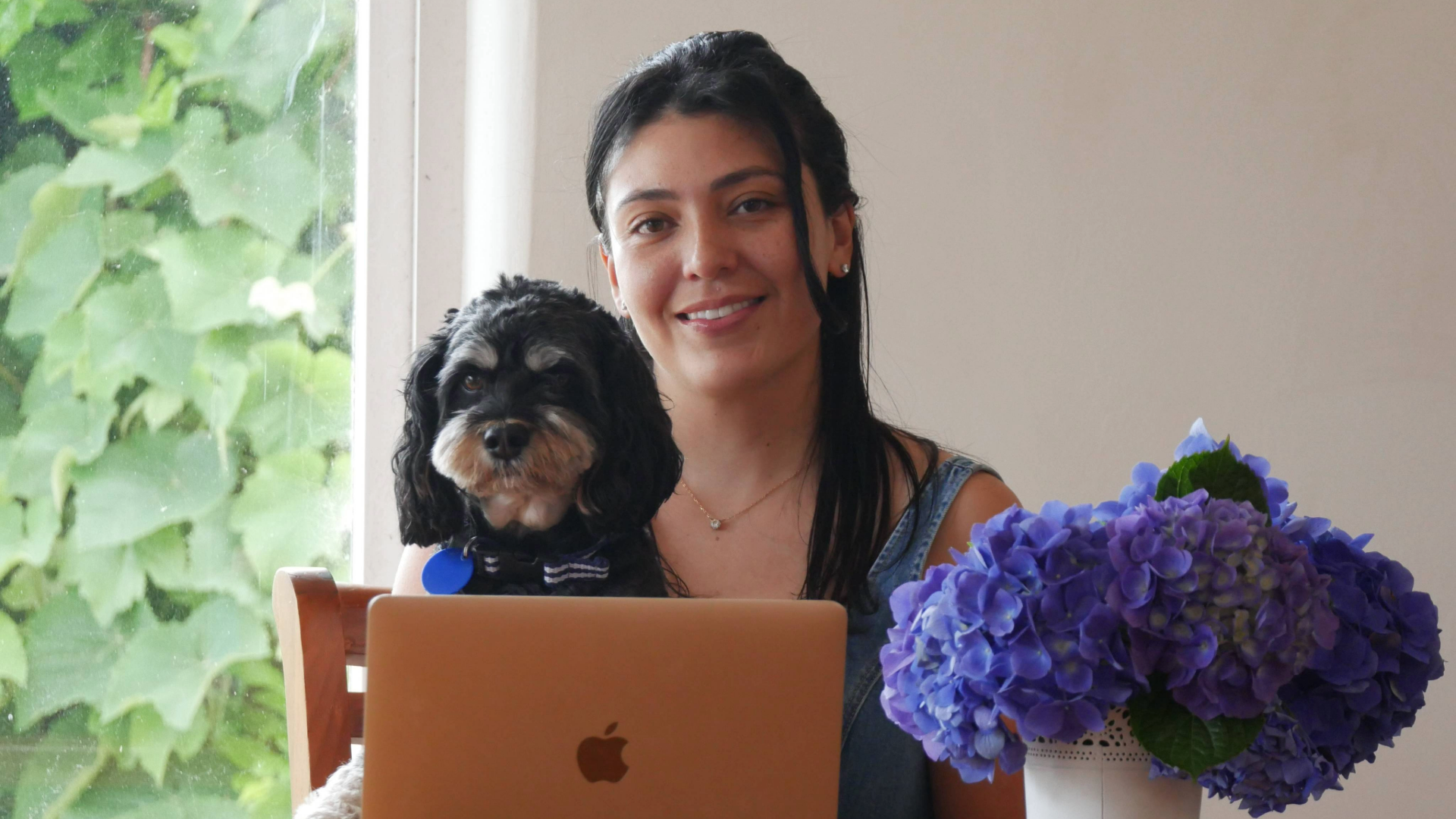
She says: “Over 30% of our regular clientele are chronically ill. I adapted what we sell to the sort of things I needed, but were not available when I was at my worst.
"There were times when I was unable to lift a 10lb bag of cat litter, much less groom Toby. He required medication two times per day, a little grooming help, and I was not able to lift a full water bowl without problems.
"I began searching for tools to help me manage daily pet care, but all existing solutions were focused on lifting things or had traditional maneuvering needs for able-bodied pet parents."
After speaking with other pet parents who live with chronic illnesses, it’s clear that there’s a gap in the market for accessible products that are both comfortable and user-friendly.
Waist belts, for example, can help with hands-free walks – but dog owner and healthcare advocate Gigi Robinson says she has yet to find one that offers proper back support. She explains that it can be painful when walking an excitable pup who tends to pull.
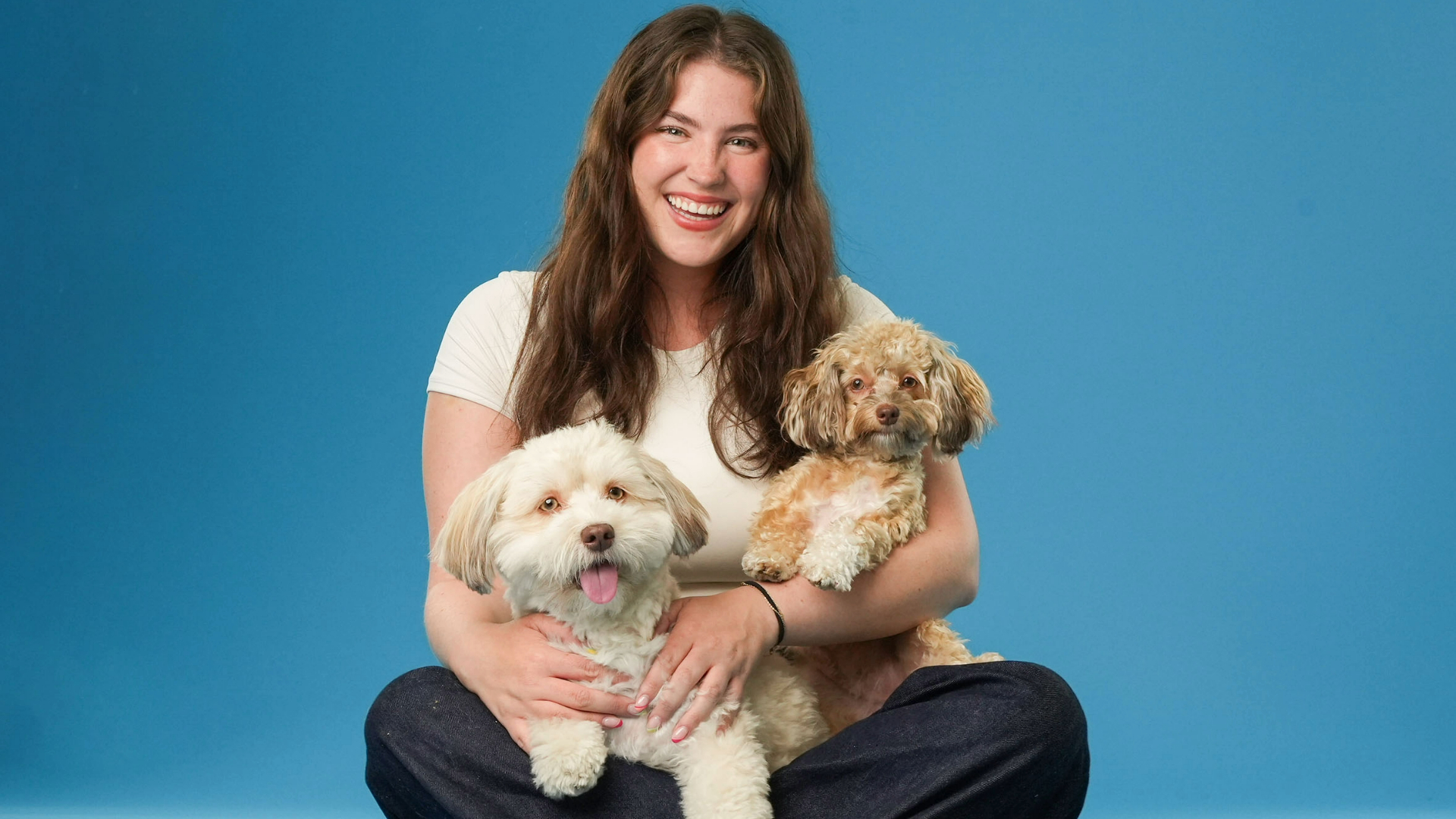
She says: "I would love to see more thoughtfully designed, supportive gear – like harnesses, collars, and walking aids that prioritize ergonomics, back support, and mobility. Small improvements like that would make a huge difference for pet parents living with chronic conditions."
Since most pet products are designed for able-bodied people, it can be challenging to find accessible options. While a growing number of smaller brands are catering to these needs, larger companies usually fail to do so.
So, why are accessible pet products so often overlooked?
Amy says: "Because the conversation around accessibility often stops at ramps and bathrooms. We forget that true accessibility touches every part of life – including the quiet, personal parts, such as scooping a litter box or feeding a pet.
"Accessibility is often treated like a niche issue. But it's not. It's universal. We all age. Many of us will face injury or illness. Designing for accessibility means designing for everyone – and that includes making sure caring for your cat is never out of reach."
If you're struggling to take care of a pet, organizations including Pets are Wonderful Support (US) or The Cinnamon Trust (UK) can help.
Edited by Georgia Guerin and Alexis De Leaver.
This page was last updated in May 2025 by Megan Milstead.
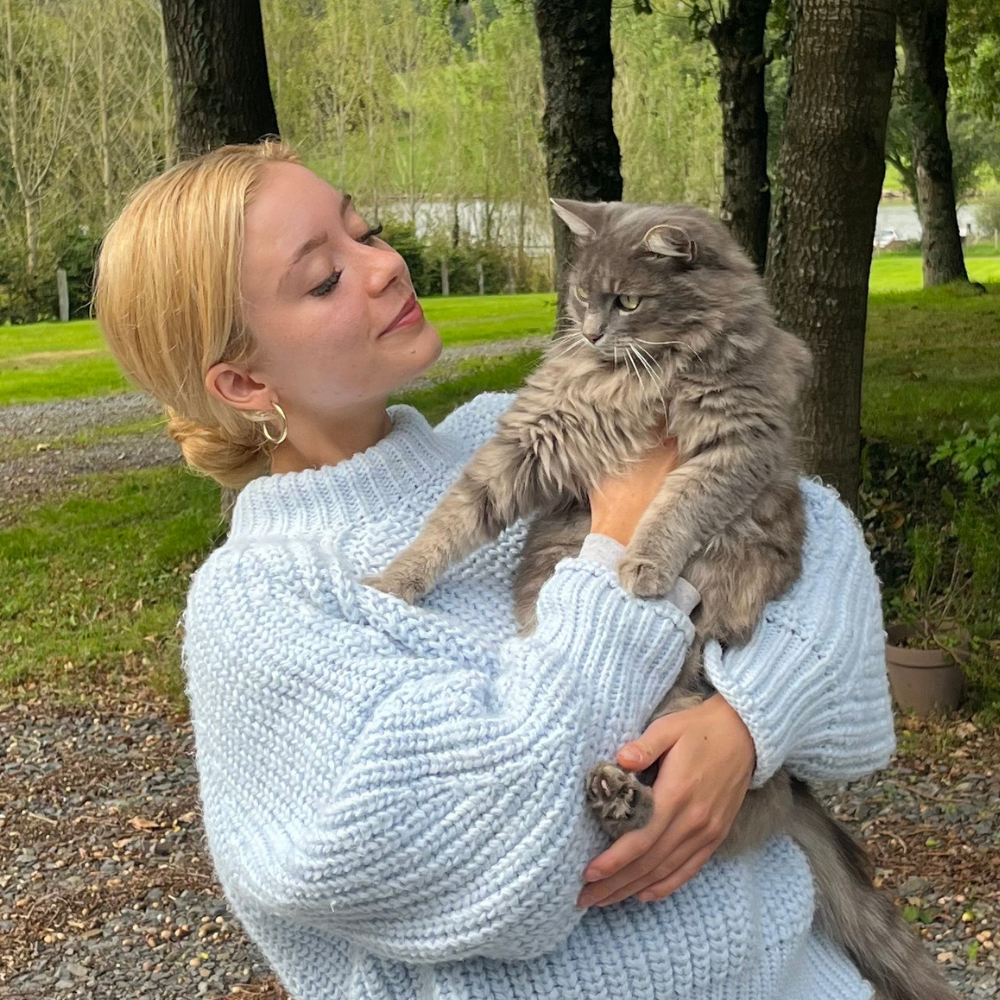
Megan is a Staff Writer at PetsRadar, covering features, reviews, deals, and buying guides. She has a wealth of experience caring for animals, having grown up with dogs, cats, horses, guinea pigs, and more throughout her life. She studied BA Journalism at the University of Westminster, where she specialized in lifestyle journalism and was editor of Smoke Radio’s lifestyle website. Megan works alongside qualified vets and accredited trainers to ensure you get the best advice possible. She is passionate about finding accurate and helpful answers to your pet-related questions.
